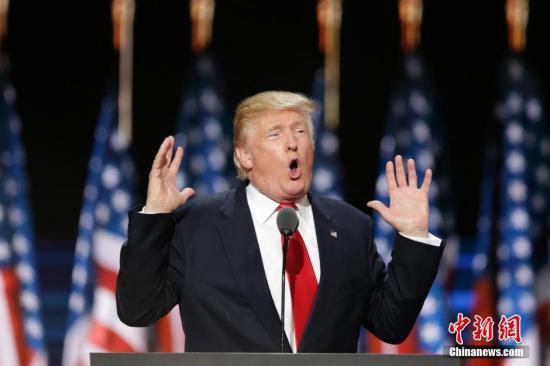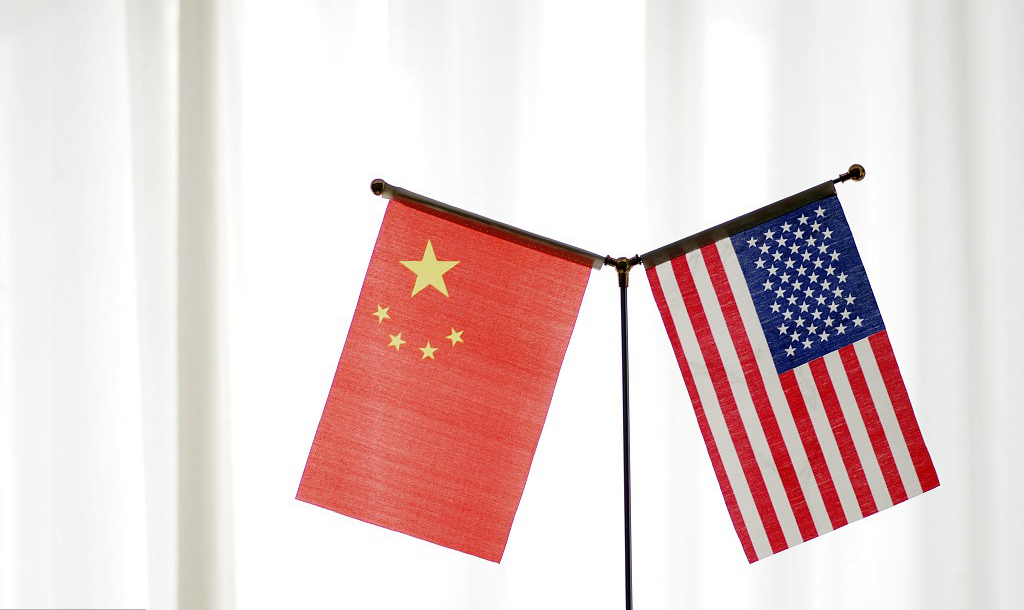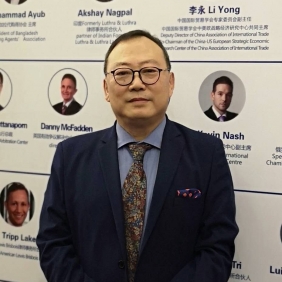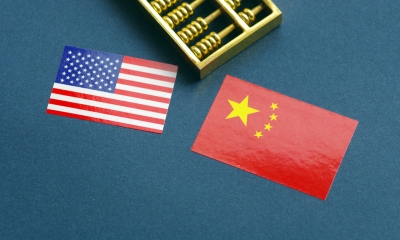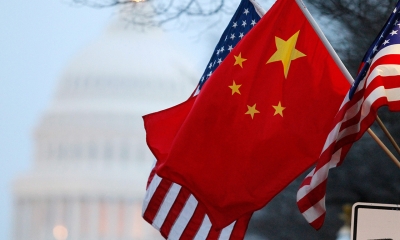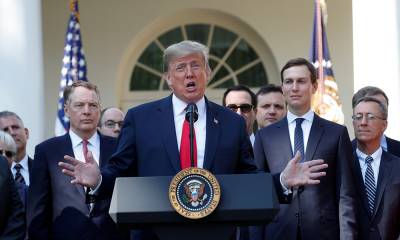China Rejects Unfair and Non-Reciprocal Bullying Attitude and Actions by the U.S.
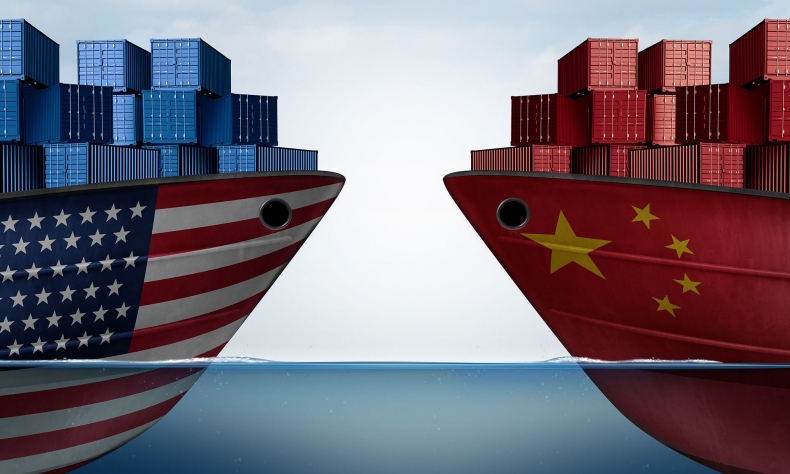
In today’s globalized world, trade peace is a win-win condition that every country wants to have. The U.S.-instigated escalation of trade frictions makes world feel the chill of approaching “trade wars”.
At a time when a deal between China and the U.S. was reasonably expected, the U.S. abruptly announced a tariff hike on the Chinese goods from 10% to 25% from May 10, 2019, and at the same time, claimed that 25% tariff will be levied on the remaining $325 billion worth of Chinese imports.
The excuse from the U.S. was that the negotiations were “too slow”, followed by accusation that China has “reneged”. For those who have been observing the whole process of China-U.S. economic and trade consultations, it is a known fact that the speed of negotiations would not have slowed down if the U.S. had not repeatedly put brakes on the process for no justifiable reasons. We could have seen “trade peace” already if the U.S. side has not repeatedly reneged by denying China’s goodwill, playing games that reversed the trajectory of the negotiations and imposing unilateral tariffs twice on Chinese goods.
The U.S. Trade Actions: A Dog in the Manger
In today’s globalized world, trade peace is a win-win condition that every country wants to have. The U.S.-instigated escalation of trade frictions makes world feel the chill of approaching “trade wars”.
The international community wishes China and the U.S. to reach a trade agreement as soon as possible for the interest of the entire globe. The world has witnessed China’s goodwill and sincerity, which contrasted the disappointing actions by the U.S. Even in the U.S. itself, businesses, farmers and consumer groups have repeatedly urged the U.S. government to withdraw trade actions that benefit no one since its first levy of 25% tariffs of on $50 billion worth of Chinese imports.
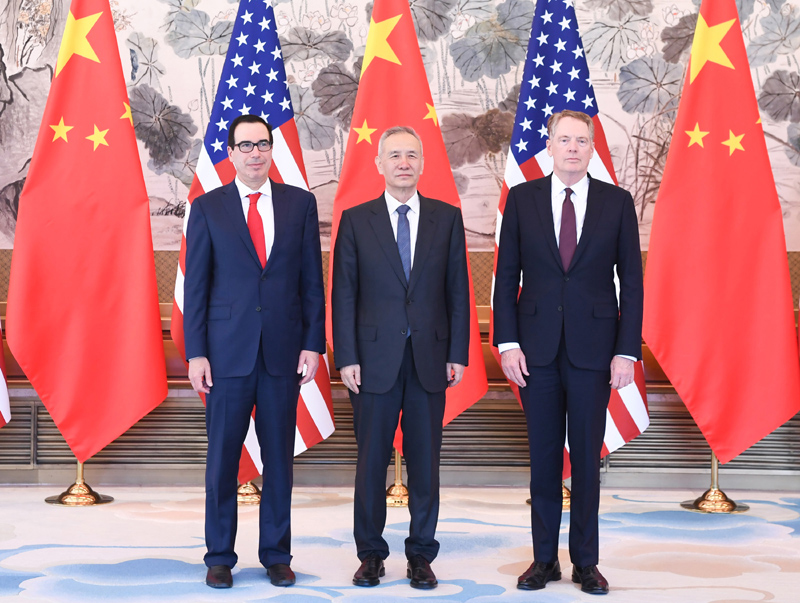
Before the tenth round of negotiations, 151 U.S. business chambers and associations requested in an open letter that the U.S. government “fully eliminate tariffs” as a part of the deal with China. “First, any deal must fully eliminate tariffs”, the letter says. “To date, Americans have paid over $21 billion in taxes due to the imposition of new tariffs. Furthermore, every single second the tariffs remain in place, Americans are paying over $1,500 in added tariffs”. “As we inch closer to a final deal, a key part must be the full and immediate removal of all added tariffs when the deal is signed. Anything that falls short of that goal would be a loss for the American people,” the letter says.

However, the U.S. government has stubbornly taken actions in its own way regardless of the losses by American businesses, farmer bankruptcies and the extra burden on the U.S. consumer. It has overturned again and again the outcomes achieved in bilateral trade talks and persistently demands that China make unilateral concessions under the “tariff gunpoint”. All of those have thrown innocent American businesses, farmers and consumers into the abyss of “victims”, and as a result, the world will have to lower growth expectations and prepare for hardships.
“Does the U.S. Have Good Faith and Sincerity?”
Looking back at the whole process of trade talks between China and the U.S., we have but one question to ask “Does the U.S. have good faith and sincerity?”
Up until today, what we have seen flying around are extreme-pressure rhetoric, all kinds of rumor-based “interpretations”, and outright bullying threats. At the same time, the U.S. has not failed to smear China’s good faith and sincerity while dressing itself up as a trade sage.
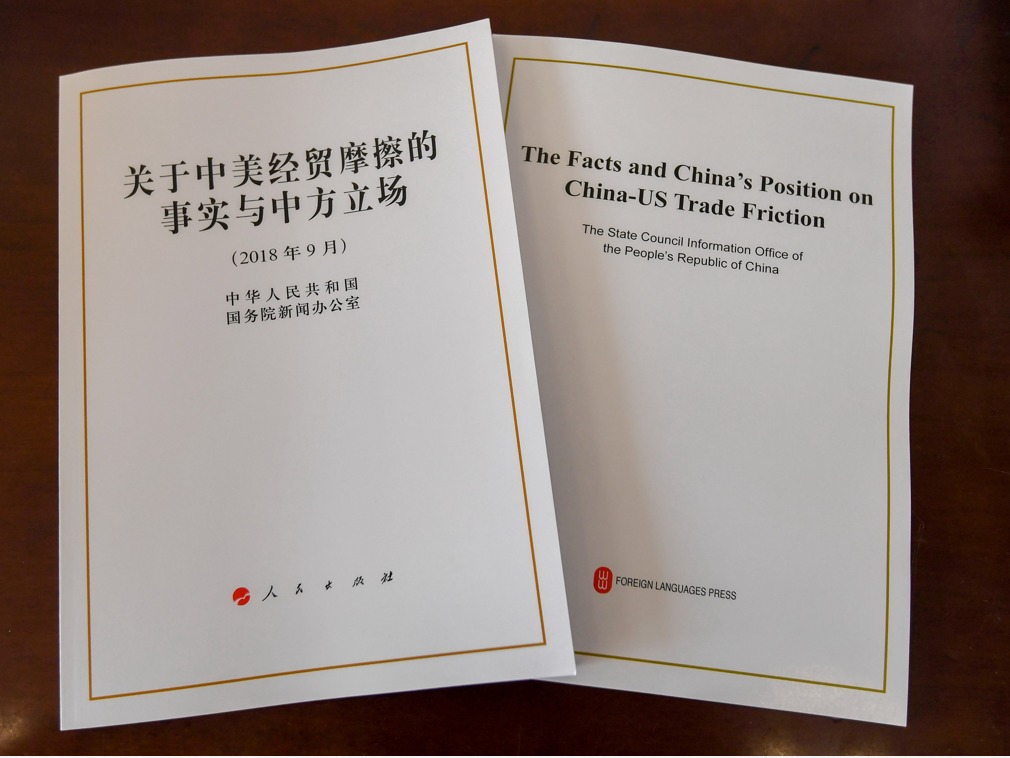
While waving the big stick of tariffs, the U.S. has also deliberately created smokescreens, claiming that “there are still opportunities to reach an agreement,” and, on the other hand, threatening that “the situation will become worse in the next term.” Deeply immersed in the illusions of the art of the deal, the U.S. is expecting that the American-style bullying will work on China.
Nevertheless, we have not seen good faith and sincerity from U.S. side. From what the U.S. has done, we have unmistakably seen recklessness, bullying, selfishness and hypocrisy.
Can China and the U.S. Return to the Negotiation Table?
Compared with a year ago, China now is more conversant with the bullying logics of the U.S. and more confident and prepared to deal with the U.S. “strike plus talk game”. One thing we are crystal clear about is that the ultimate correction force of the extreme politicization in the U.S. will be the fundamentals of economics. Any politically-driven trade friction will end with losses of self-interests and condemned by the businesses, industries and people at large. That is why China has contended that “cooperation is the only way out”.
The U.S. will sooner or later return to the negotiation table as it is a choice of no choice. The position that China has held has been consistent: if the U.S. chooses to fight a trade war, China will fight to the end and if the U.S. chooses to talk, the door is open. If the U.S. wants to talk, China needs to see demonstration of good faith and sincerity. If the U.S. keeps a wrong memory of our times and replicate same unfair and non-reciprocal bullying in its attitude and actions, it will only hit a wall with no alternative result.
The author is Li Yong, Deputy Chair of the Expert Committee, China Association of International Trade (CAIT).
 Facebook
Facebook
 Twitter
Twitter
 Linkedin
Linkedin
 Google +
Google +
